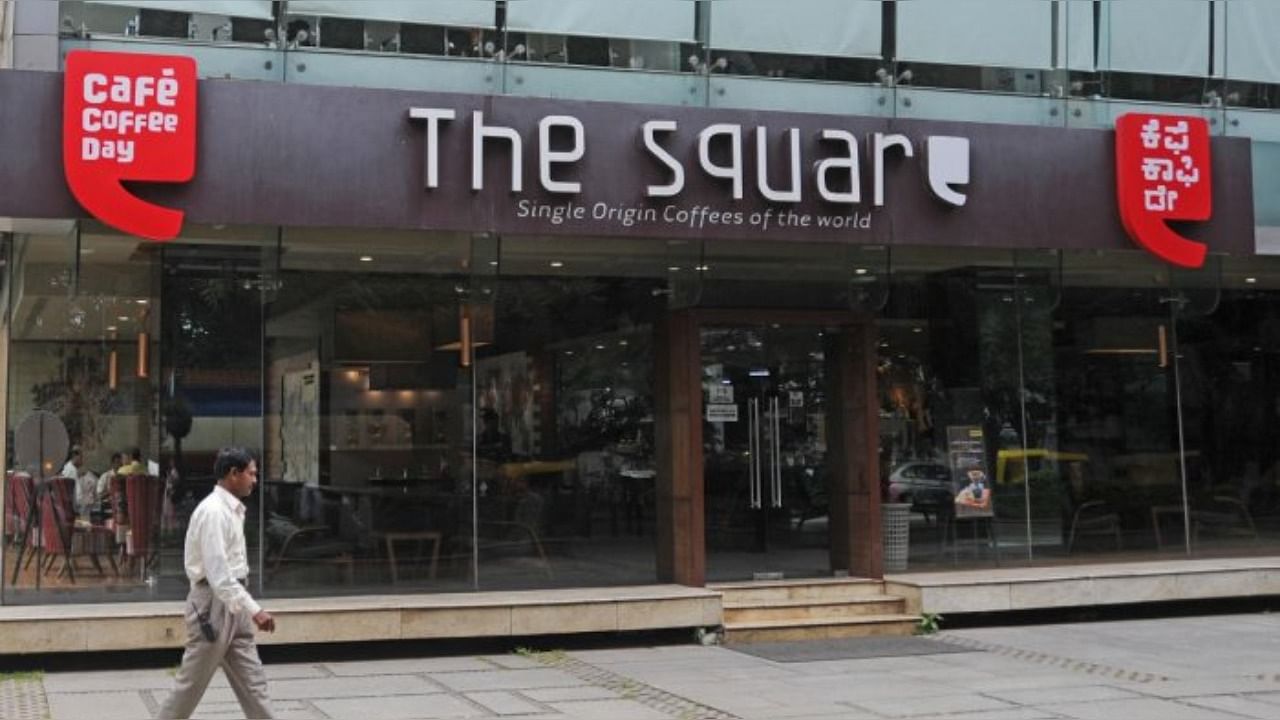
The National Financial Reporting Authority (NFRA) has imposed a ban and penalties totalling Rs 1.15 crore on three entities, including two auditors, for lapses in the auditing of Tanglin Developments Ltd and MACEL.
Tanglin Developments Ltd (TDL) and Mysore Amalgamated Coffee Estate Ltd (MACEL) are subsidiaries of listed-entity of Coffee Day Enterprises Ltd (CDEL).
Late VG Siddhartha and his family members controlled and owned CDEL.
The case pertains to the diversion of funds worth Rs 3,535 crore from seven subsidiary companies of CDEL to MACEL.
After markets regulator Sebi shared its investigation report in April 2022, NFRA started probing the professional conduct of the statutory auditors of TDL and MACEL.
Separately, NFRA has imposed a fine of Rs 1 crore on audit firm Sundaresha & Associates, Rs 5 lakh on C Ramesh and further slapped a five-year ban on Ramesh and a two-year ban on Sundaresha & Associates, who were the statutory auditors of TDL during FY 2018-19.
In connection with MACEL, the audit regulator has levied a penalty of Rs 10 lakh on Lavitha Shetty and further slapped a ten-year ban on her. Shetty was the statutory auditor of MACEL during FY 2019-20.
In addition, NFRA noted that the first five years out of the ten years of debarment ordered, would run concurrently with the period of debarment ordered vide NFRA order issued on April 13, where the audit regulator penalised Lavitha Shetty and restrained her for a period of five years.
All of them have been restrained from undertaking any audit in respect of financial statements or internal audit of any company or body corporate during the ban period, according to the order.
The total material and pervasive misstatements amounted to Rs 10,724.38 crore and Rs 1,471.63 crore, respectively, in the financial statements of MACEL and TDL, as per two separate NFRA orders.
As per the order against TDL, the company's auditors failed to exercise professional judgement and scepticism to identify, assess and respond to the risk of material misstatements due to fraud in respect of loan transactions of Rs 2,614.35 crore with MACEL.
Further, they also failed to evaluate the understatement of a loan of Rs 474 crore fraudulently given to MACEL and the evergreening of loans through the structured circulation of funds among group companies.
All this was done without proper authorisation by the board of directors and without any agreement, without obtaining any security and ultimately the money moved to the promoter-owned company - MACEL, NFRA said in the order.
Therefore, this is a clear case of money laundering as per the Prevention of Money Laundering Act (PMLA), which auditors failed to report in the independent audit report, it added.
Further, the regulator said that the auditors Sundaresha & Associates and C Ramesh made an attempt to deceive it by adding more documents as well as altering the documents in their audit file, which amounted to tampering with the audit file.
Also, the auditors falsely reported the financial statements of TDL for the FY 2018-19 and did not give a true and fair view of the financial position of the company.
In the case of MACEL, Lavitha Shetty failed to exercise professional judgement and scepticism during the audit of fraudulent borrowings of Rs 4,438.37 crore from banks and related parties and fraudulent diversion of Rs 4,176.67 crore to personal accounts of promoters, their relatives, entities controlled by them and other related parties. She also failed to perform sufficient and appropriate audit procedures during the audit of the cash flow statement, which had a material misstatement of Rs 1,938.87 crore.
As per the order, Lavitha Shetty also failed to evaluate corporate guarantees issued by MACEL and the creation of charges on its assets to facilitate borrowings of Rs 130 crore taken by the wife of Late VG Siddhartha (chairman of CDEL, the listed company of the Coffee Day group) and one other related party.
According to NFRA, the auditors were required to ensure compliance with the norms, however, the regulator found substantial deficiencies in the audit and inappropriate conclusions on the part of the auditors, which established their professional misconduct and lack of due diligence.
They were grossly negligent in the conduct of their professional duties and therefore, need to be penalised, it added.